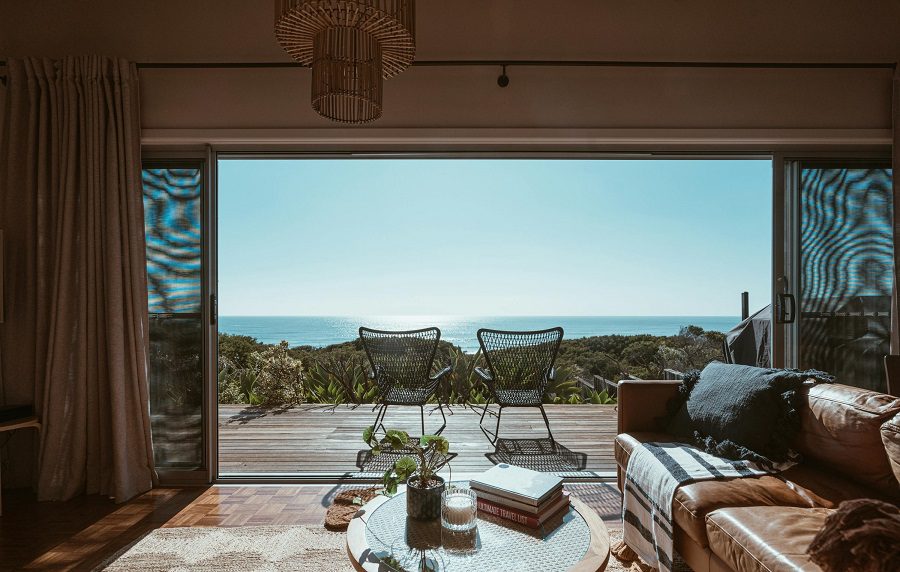I am looking for a legal expert in
in


Since the advent of online platforms allowing individuals to rent out their accommodation for tourism purposes, with Airbnb leading the way, a general war has begun involving different parties.
Conflicts have thus broken out between lessors and lessees (see Cass., 3rd ch., 12 September 2019, no. 18-20.727), between unions and co-owners (see CA, Grenoble, 2nd ch., 23 May 2023, no. 21-03.445) and also between owners and municipalities, as evidenced by this recent judgment of 11 January 2024 handed down by the Court of Cassation (no. 22-21.126).
In this case, the issue was to determine whether the premises were used for residential purposes in 1970, in which case a series of specific constraints would have had to be complied with. For example, it is imperative to obtain permission from the local council and to have a registration number before letting out the property. If these requirements are not met, the offender is liable to a civil fine of up to €50,000 for each dwelling irregularly converted (in accordance with article L.651-2 of the Code de la construction et de l’habitation, hereinafter “CCH”).
It was in this context that the City of Paris embarked on a legal battle against a SCI and its tenant, accusing them of having changed the use of a property from residential to commercial use by letting it to a transient clientele, in defiance of article L.631-7 of the CCH, which states that “a property is deemed to be used for residential purposes if it was used for this purpose on 1 January 1970. This assignment may be established by any means of proof”, which would have justified the application of a fine (article L.651-2 of the CCH).
To this end, the City of Paris had invoked the model R declaration (a model used by property tax payers describing the location of a building) dated 9 October 1970, claiming that the premises in question were service rooms. However, the Court of Appeal ruled that this declaration was not sufficient to establish that the property was used as a dwelling on the reference date.
The Court of Cassation upheld this decision, pointing out that proof of use as a dwelling on 1 January 1970 must be established by any means, but that statements made after that date are not admissible to prove such use.
This decision follows on from a series of previous legal battles, including that of 7 September 2023 (Cass. 3e ch ., 7 September 2023, no. 22-18.101), where communes were also disallowed in their claims regarding the use of the H2 model as a means of proof to qualify a dwelling premises. This model is used to declare a new construction, in particular as a flat.
Armed with this H2 form, the local authorities thought they could win their case to classify premises as residential. However, the Court of Cassation did not follow this line of reasoning, ruling that this means of proof was insufficient.
Now it is the turn of the Model R declarations to fall, as the Court has reiterated its position using the same reasoning, ruling:
“The declarations filed by property taxpayers, drawn up on special forms provided by the administration, contain the information needed to assess each property or fraction of a property on the date they are filed, so that a declaration filed after 1 January 1970 cannot be used to establish use on that date, nor can it be presumed to have been used on that date (3rd Civil Division, 7 September 2023, Appeal no. 22-18.101, Bull.), unless mention is made of the rental of the property and the amount of rent in force on 1 January 1970.
The Court of Cassation was categorical: the model R form cannot be used to establish that the premises were in residential use on 1 January 1970. The only minor victory for the local authority was the reminder that the specific mention on the H2 form, indicating occupation by a third party at a specific rent on 1 January 1970, may be sufficient to prove that the property was in residential use.
These legal rulings have considerable repercussions, and it is not certain that one party will emerge clearly victorious. Local authorities are faced with a series of challenges in establishing the classification of premises, while owners of furnished tourist accommodation have to navigate an increasingly complex legal landscape between the authorisation regime and the related declarations.
As a result, the classification of furnished holiday accommodation as residential premises remains ambiguous. What’s more, this legal war seems destined to continue, with each new court ruling bringing its own set of consequences and challenges for all the parties involved.
Finally, it’s a safe bet that the approach of the Paris Olympics and the soaring prices of these tourist accommodations will help to intensify this dynamic, as will the new legal arsenal provided by the Le Meur law, commonly known as the “anti-Airbnb law”.